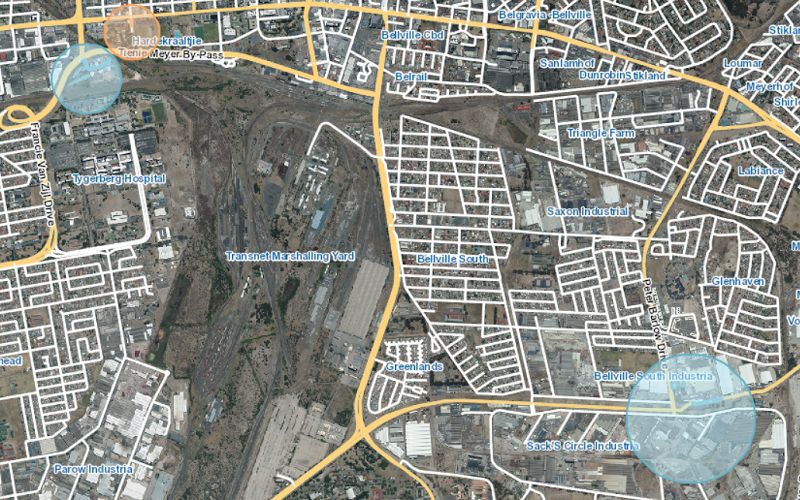The Office of the Health Ombud in South Africa is bidding farewell to its first Ombud, Professor Malegapuru William Makgoba. His non-renewable seven-year term comes to an end on May 31, 2023. Professor Makgoba played a vital role in shaping the office’s work during his tenure, and his unique perspective and dedication to his role contributed to the growth and development of the Office of the Health Ombud.
Establishing a Health Watchdog
With his extensive knowledge in the field, Professor Makgoba provided valuable input and oversight to various health-related initiatives during his time in office. The establishment of the Office under his guidance was a significant milestone for South Africa, recognizing the need for a dedicated health watchdog.
Addressing Health-related Issues
During his tenure, Professor Makgoba’s leadership was instrumental in addressing various health-related issues in the country. The Office tackled complex cases that received widespread attention and prompted reforms in the health sector. By doing so, the Office of the Health Ombud became an essential part of the healthcare landscape in South Africa, ensuring that the rights and needs of patients were upheld.
Reflecting on a Remarkable Term
To reflect on his remarkable term, Professor Makgoba will participate in a media briefing on May 31, 2023. The briefing will take place from 10:00 to 12:00 at the Ronnie Mamoepa Media Centre in Pretoria. This event will provide an opportunity for the Health Ombud to discuss the accomplishments and challenges faced during his tenure and the impact his office had on the health sector.
Journalists can view the media briefing via live streaming on various social media platforms, including Facebook, Twitter, and YouTube. The event is expected to attract wide media coverage, as it will offer insights into the work of the Office of the Health Ombud and the legacy Professor Makgoba leaves behind.
The Critical Role of the Health Ombud
The role of the Health Ombud is critical in fostering transparency, accountability, and the improvement of healthcare services in South Africa. During Professor Makgoba’s term, the Office advocated for patients’ rights and well-being, ensuring that their voices were heard and their concerns addressed.
As the first Health Ombud, Professor Makgoba set the standard for those who follow in his footsteps. His unwavering commitment to promoting better healthcare services has laid the foundation for future progress in this sector. South Africa’s healthcare landscape is undoubtedly better because of Professor Makgoba’s tenure, and it is now up to his successors to build on this legacy.
In conclusion, Professor Malegapuru William Makgoba’s term as South Africa’s first Health Ombud has been an inspiring journey, marked by dedication, vision, and tangible results. As he prepares to end his term, it is essential to recognize the valuable work he has done, the challenges he faced during his tenure, and the lasting impact he has had on healthcare in the country. While the office bids him farewell, his contributions will not be forgotten, serving as a testament to his vital role in the South African health sector.












